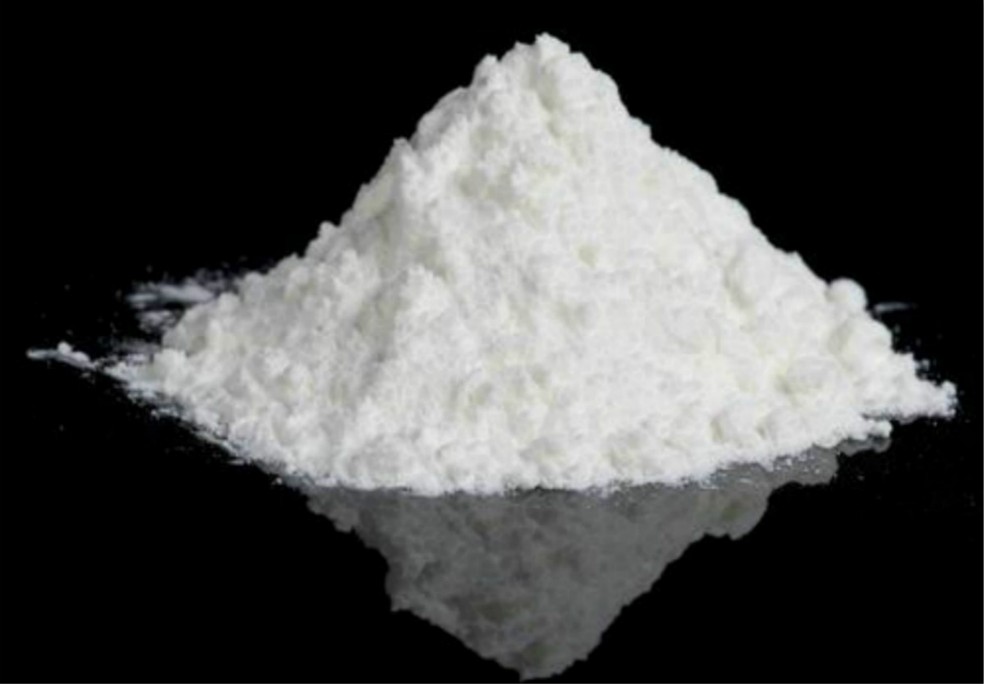MK-1775 is an inhibitor of the checkpoint kinase Wee1 (IC50 = 5.2 nM).1 It has been shown to inhibit the phosphorylation of Cdc2 at tryosine-15, which abrogates the G2 DNA damage checkpoint.1 In p53-deficient tumors that rely solely on the G2 checkpoint upon DNA damage, MK-1775, in combination with DNA-damaging chemotherapeutic agents, is reported to induce apoptosis in vitro and potentiate the inhibition of tumor growth in vivo.
MK-1775 treatment led to the inhibition of Wee1 kinase and reduced inhibitory phosphorylation of its substrate Cdc2. MK-1775, when dosed with gemcitabine, abrogated the checkpoint arrest to promote mitotic entry and facilitated tumor cell death as compared to control and gemcitabine treated tumors. MK-1775 monotherapy did not induce tumor regressions. However, the combination of gemcitabine with MK-1775 produced robust anti-tumor activity and remarkably enhanced tumor regression response (4.01 fold) compared to gemcitabine treatment in p53-deficient tumors. Tumor re-growth curves plotted after the drug treatment period suggest that the effect of the combination therapy is longer-lasting than that of gemcitabine. None of the agents produced tumor regressions in p53-wild type xenografts.
MK-1775 inhibits Wee1 kinase in an ATP-competitive manner. Compared to Wee1, MK-1775 displays 2- to 3-fold less potency against Yes with IC50 of 14 nM, 10-fold less potency against seven other kinases with >80% inhibition at 1 μM, and >100-fold selectivity over human Myt 1, another kinase that inhibits cyclin-dependent kinase 1 (CDC2) by phosphorylation at an alternative site (Thr14).
By abrogating the DNA damage checkpoint via blockade of Wee1 activity in WiDr cells bearing mutated p53, MK-1775 treatment inhibits the basal phosphorylation of CDC2 at Tyr15 (CDC2Y15) with EC50 of 49 nM, and suppresses gemcitabine-, carboplatin- or cisplatin-induced phosphorylation of CDC2 and cell cycle arrest in a dose-dependent manner, with EC50 of 82 nM and 81 nM, 180 nM and 163 nM, as well as 159 nM and 160 nM, respectively. MK-1775 treatment alone at 30-100 nM has no significant antiproliferative effect in WiDr and H1299 cells, whereas MK-1775 at 300 nM, sufficient to inhibit Wee1 by >80%, displays moderate but significant antiproliferative effects by 34.1% in WiDr cells and 28.4% in H1299 cells.






















